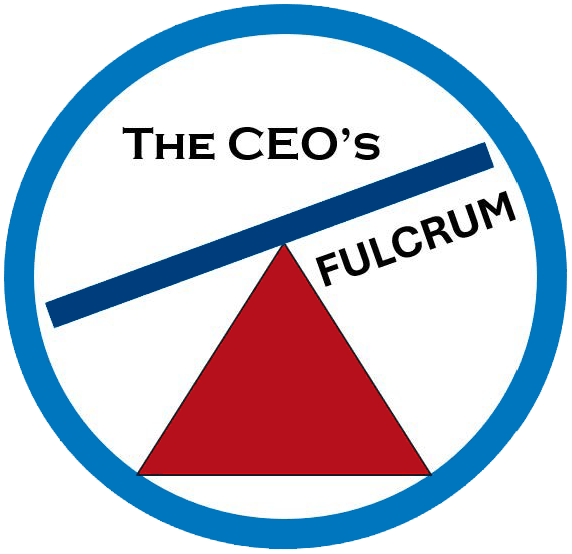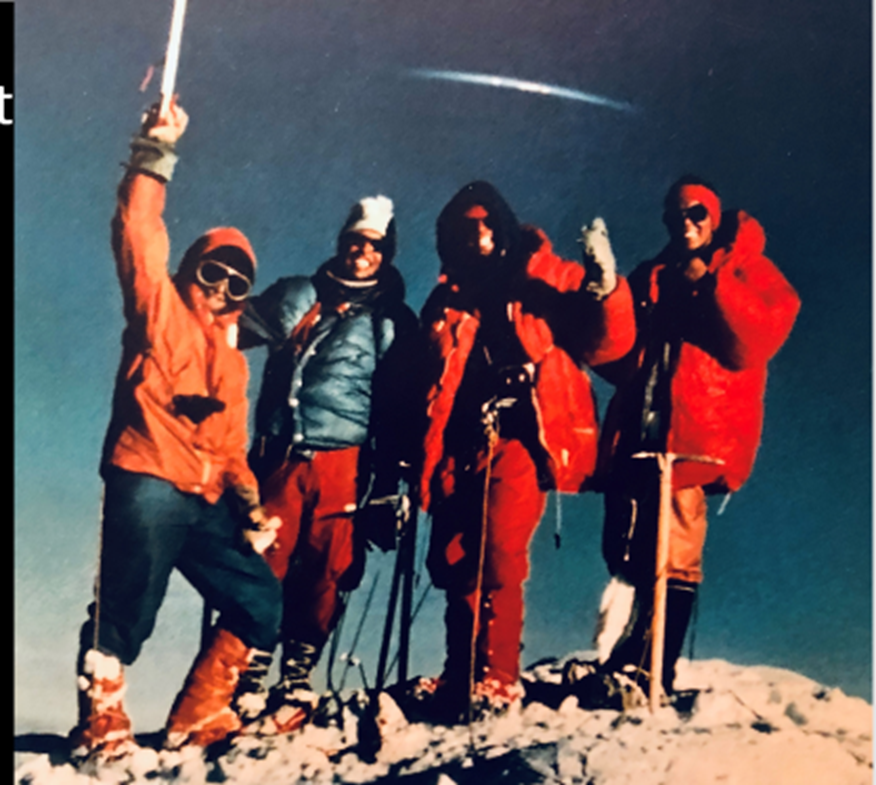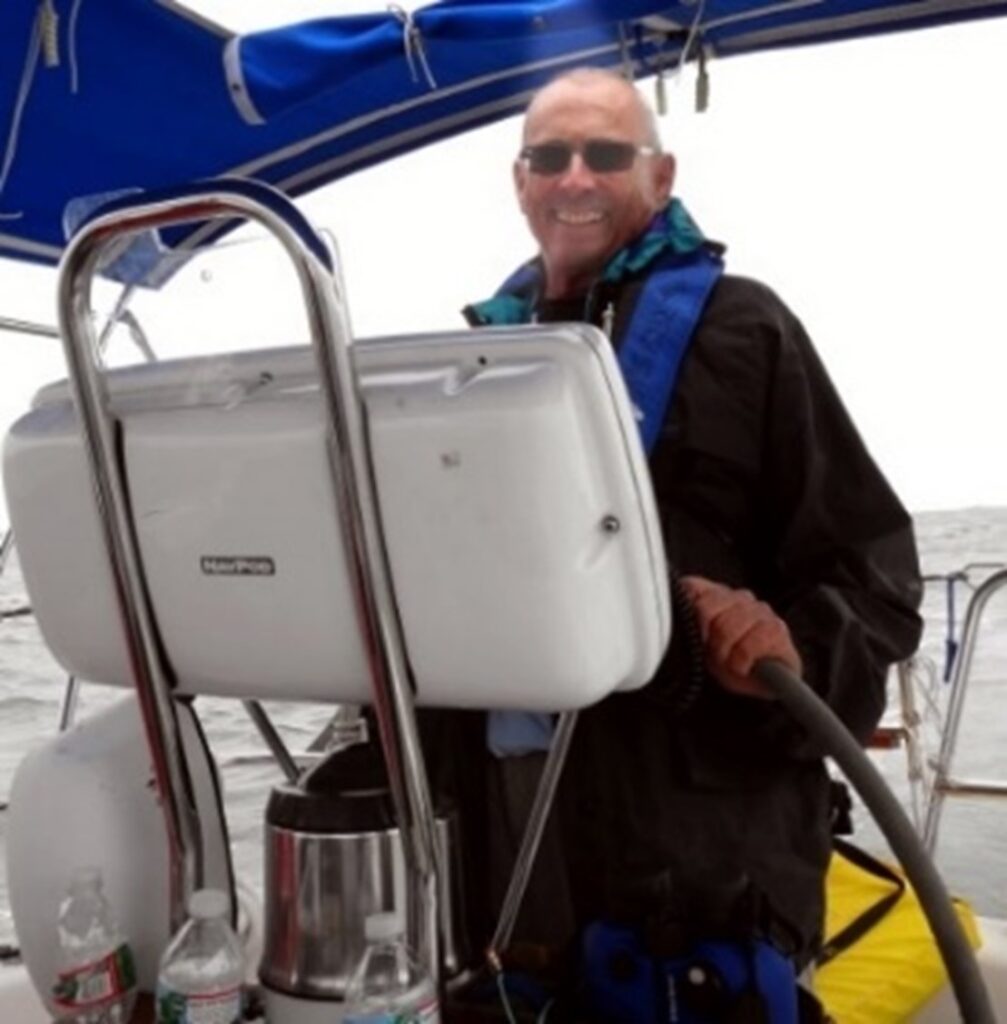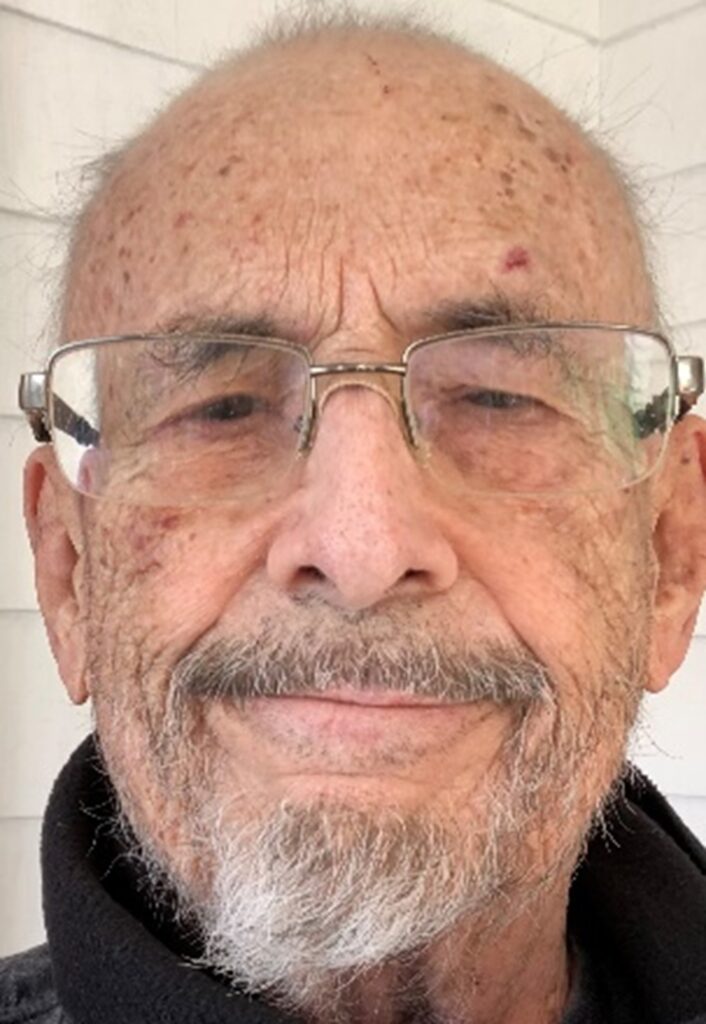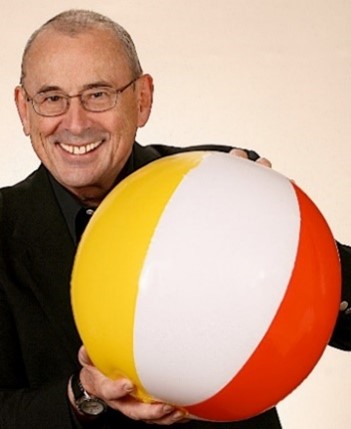As a child, I was immersed in the world of science. In high school, I was a finalist in the National Science Fair. In college, a knack for teaching emerged. On graduation, I became the head of the science department at the Shady Hill School in Cambridge MA. My science teaching focused on experimental discovery and direct experience learning not on memorizing facts and theories.
Your Fulcrum – Willing Phillips

Early Passions
Changing the World and Changing Individuals
My passion for nature and adventure moved me forward in two directions. The first was a partnership with a newly minted Harvard ecologist. We founded the nation’s first environmental consulting firm and school. With a staff of a dozen PhDs. and twice as many interns ranging in age from 16 to 60, we contracted to solve several dozen environmental problems in the Greater Boston area. Our research for the town of Burlington, MA on the impact of snow removal chemicals on their groundwater supply lead through an early article on the impact of these chemicals. This included the contamination of drinking water, the corrosion of automobiles, the increased accident death rate in a snow belt corroded automobile, and ultimately heart disease in over-salted water. This research was presented to the Massachusetts State Government and eventually led to new regulations including the requirement that the millions of tons of de-icing salts stored in every community in Massachusetts must be protected with a shed from rain driving it into the groundwater.
The second direction of my passion for nature and adventure was becoming one of the early instructors in the Outward Bound Mountaineering School in North America and eventually chief instructor and co-founder of the Northwest Outward Brown School. When time allowed this led to more serious mountaineering expeditions in Alaska and Peru. As an Outward Bound chief instructor, I began to understand that changing the structure which surrounded an individual could nurture their growth and development.
A year after returning from climbing in Peru, that country had one of the world’s largest earthquakes. It hit the area where we had been. On learning of this truly catastrophic earthquake (the world’s seventh largest), my heart immediately moved to action. In less than a week I organized a 30-member team of mountaineers with medical experience plus medical supplies and air transport for a relief expedition to the eastern slopes of Cordillera Blanca where none of the traditional Red Cross and rescue services were able to operate. Split into half a dozen small teams, we spent close to six weeks providing relief and inspiration to dozens of small communities.
A Career Shaped Around Individual and Organizational Changes
In my desire to better understand the people’s side of change, I helped found the nation’s first Quality of Working Life Center in Boston. As a director, I negotiated contracts and built trust with both management and unions to support joint labor-management teams to improve long-standing work cultures and solve intractable problems in cities, hospitals, and manufacturing companies. Building strong team efforts from differences was central to this work.
These thrusts of Outward Bound instructor, expedition mountaineering and leading I highly technical environmental problem-solving teams shaped my capacity for engaging and motivating high-performance teams. Our expedition to the South Face of Mt. McKinley (now Denali) during a surprise 100-year storm which lasted ten days with wind gusts of 140 mph. While our team succeeded and survived another expedition on the ‘safer side ‘ of the mountain lost seven members.
Back home I discovered that environmental problem-solving and solution-finding were much easier than implementing those solutions by human beings and their organizations. I became captivated by the process of how change succeeds in individuals and organizations.
World Wide Strategic Change Movement
I began networking with university professors and organizational development experts in several cutting-edge corporations such as General Electric, and Digital Equipment Polaroid. I worked with Mike Brown in launching and leading a brand new type of consulting firm called the Massachusetts Quality Of Working Life Center. We built joint consulting engagements with management on one side and the local and international labor unions on the other. We were not engaged in traditional labor relations. We worked to change the culture of the organizations to build trust and respect between white and blue collar; between labor and management. We published a national newsletter and ran international conferences on this topic. We were building strong cultures of trust and respect across highly conflicted histories. By developing strong and positive cultures, we laid the foundation for reducing conflict and improving organizational performance as well is the quality of working life for everyone. We learn not to change people so much as to change the culture.
My management consulting career matured as a senior consultant and sought-after professional speaker with the Adizes Institute of Executive Leadership and Organizational Change. I became deeply familiar with Adizes concepts and developed many unique ways of applying these concepts. I also ran the Institute’s program for developing and certifying its 35 consultants throughout the world.
Developing the Management Consulting Arm for a CPA Firm
Over many months I facilitated an extraordinarily difficult leadership transition at the nation’s 9th largest CPA firm McGladrey and Pullen. The success of this intervention led to the firm recruiting me to lead the development of their management consulting practice. While here I began the work which led to the later creation of Executive InsightÔ in partnership with Dr. Gerald Faust. This diagnostic card game was introduced to over 200 Vistage Executive Peer Groups in the U.S., Canada, Australia, and the UK This powerful business diagnostic tool was licensed to over 30 consultants and to The Executive Committee—a part of Michael Milken’s Knowledge Universe and called Vistage.
Mary Case, my nonprofit consulting partner, and I also developed The New Visions Process for bringing people together with different viewpoints and finding common ground for action. This was supported by the Pew Charitable Trust and the American Association of Museums. He has trained over 150 people to use this tool in nonprofit organizations throughout the country.
Moving from Public to Private Corporations
During the 1980s I began focusing on privately held businesses, particularly those whose founder was still leading the organization after two or three or more decades. To reduce the cost of their involvement in significant, systematic, and extensive strategic change methods, I was using, I formed them into round tables of 12 CEO’s that met three times a year for about 3 days at this time.
Ten years later I was chairing five Roundtables of CEOs in different industries. Each round table focuses on improving their business and the quality of their owner’s lives. Willing initiated these roundtables in the late 80’s as a way of providing long-term, in-depth organizational improvement and individual leadership development and transformation. The vast majority of CEOs in these roundtables retain their membership for two to three decades. Many original members are still attending having never missed any one of the three annual meetings over three decades. This extraordinary retention was due to the extraordinary community that was built by Willing at each round table. “I talk about things in my roundtable that I don’t talk about anywhere else in my life.”
Working at this level over decades with some sixty CEOs was Willing’s labor for deep testing what business ideas work and which do not. Willing’s role as a CEO Fulcrum over decades enabled levels of change to occur that are generally not available in shorter term Interventions.
Overtime facilitators were added to accommodate the growth of round tables. This became REX Round Tables For Executives. Over a period of years, I had been developing a successor to lead these roundtables. At the beginning of COVID REX was passed on to my successor Eddie Tock. REX currently serves some 250 CEOs in North and South America, Australia New Zealand, and Europe.
It was during these decades of working with dozens of privately held businesses and their owners that Willing developed the skill and experience to be a CEO FULCRUM.
WillIing has co-authored a professional-level book—Responsible Managers Get Results—published by the American Management Association and reviewed as one of the 30 best business books in 1998. He has also captured his management and consulting experience in over one hundred Management Briefings privately published for his clients.
Willing’s Work
- Outward Bound Chief Instructor, Colorado & Oregon. 1965-7
- Mountaineering Chairman, Appalachian Mountain Club.1965-67
- Director of Science Department Shady Hill School, Cambridge, MA 1964-1970
- Founder Habitat School for the Environment, Belmont Hill, MA. 1971-75
- Produced first research on the impact of de-icing sales on groundwater, auto corrosion, and increased risks of auto injury in rusted cars. 1972 presented to MA State Gov’t leading to the requirement for sheds over salt storage. 1976
- Co-Leader Mountaineering Expeditions to Alaska and Peru. 1967-68
- Co-Leader North American Andean Relief Expedition to Peru after the 1970 Ancash earthquake.One of the world’s deadliest earthquakes.
- Director Massachusetts Quality of Working Life Center, Boston, MA1976-78
- Adizes Institute: Strategic Organizational Change Consultant.1978-84
- Faust Management Consulting. 1984-90
- Founder REX Roundtables for Executives. 1985-2020
- Commodore Pelagic Sailing Club 2019-21
- Founder The Third Agenda parent of the CEO’s Forum.2020-Present
Willing’s Publications
Basics of Change: Skipping one of the three steps makes change extremely difficult.
Building On Strengths: Rather than correcting weaknesses can be a faster route to improvement.
Responsible Managers Get Results was written by Willing and two of his consulting peers. Published by the American Management Association. It was voted one of the best business books of the decade by Executive Book Summaries. Available on Amazon
Taming The Amygdala explains how our survival-oriented, reptile brain often short-circuits are smart and good intentions and how we relate to other people.
The S Curve Describes the fundamental growth curve for individuals, organizations, nations as well as all of the physical universe such as magnetism and the growth of stars.
The Three Agendas Describe three different levels of organizational change and improvement. Its basic functions are departments, its overall design structure and culture, and the growth or maturity of its leaders.
References
- Predictably Irrational: The Hidden Forces That Shape Our Decisions: Dan Ariely.
- Making Dumb Groups Smarter: Cass Sunstein & Reid Hastie- HBR-Dec 2014.
